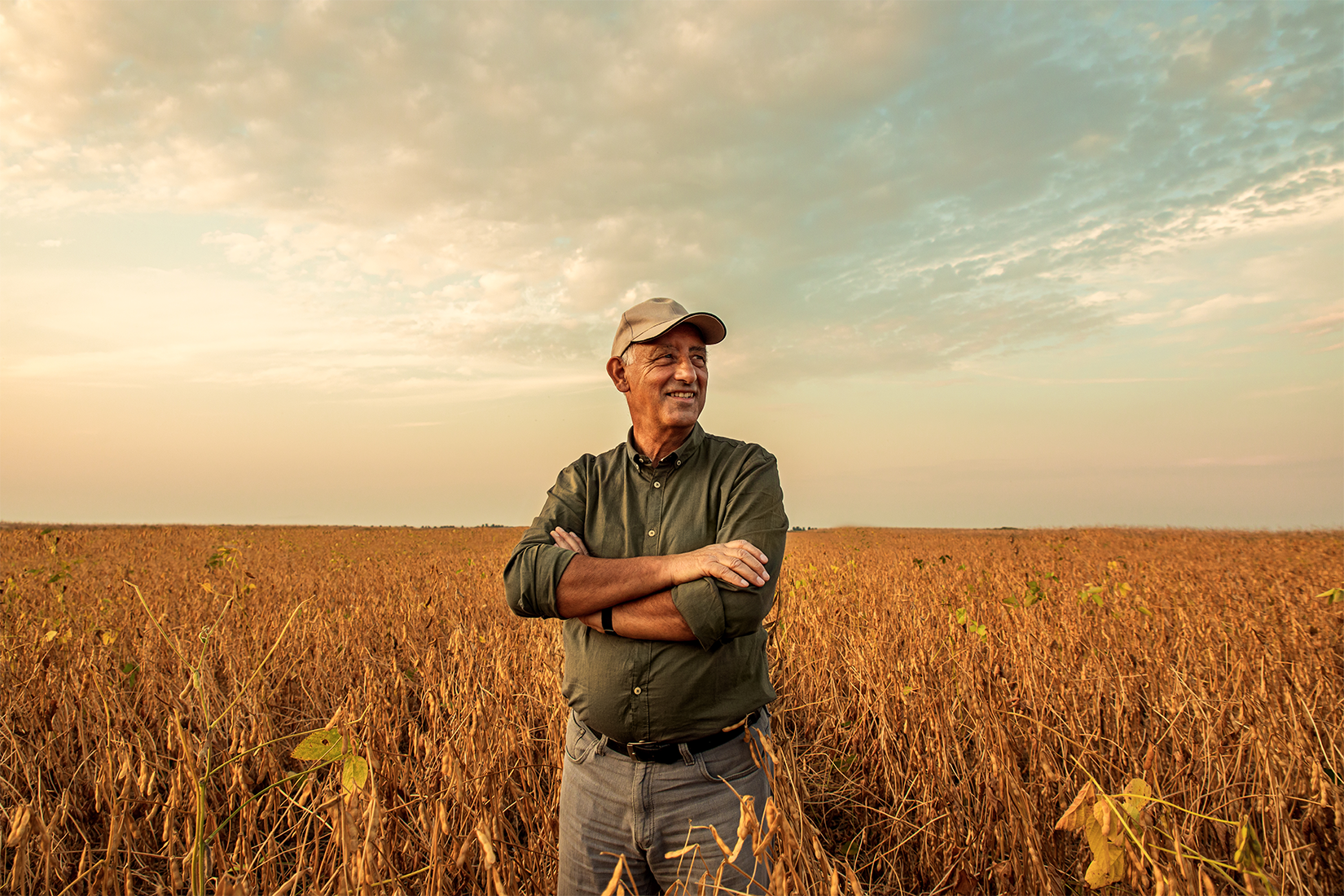
Overview
America continues to impose burdens on its farms and tax the very people who provide our food. Decisions on issues like phosphate taxes, healthcare access, and regulations on fuel and truck usage are being made without sufficient regard for the needs of those who sustain our nation's food supply.
NoFarmTax.org, a voice for rural communities, businesses, and consumers.
Rising Phosphate Tariff
The Biden Administration plans to raise tariffs on Moroccan phosphate fertilizers from 2.12% to 14.21% in November 2024, just months after reducing them from 19.97%. Morocco is home to 70% of the world's phosphate reserves. These changes will be retroactive to 2022 imports.
OCP, a state-owned entity and the largest Moroccan phosphate fertilizer manufacturer, halted all shipments to the United States as a result of the 2021 tariffs. The company resumed shipments once the tariffs were lowered. Presumably, OCP will once again stop shipping phosphate to the United States.
What does this mean for rural America?
The increase in tariffs on Moroccan phosphate fertilizers means higher costs for a crucial input used to grow many crops, such as corn, wheat, vegetables, fruits, citrus, and cotton. It comes as no surprise that overall grocery prices have increased more than 21% since the beginning of 2021.
This market volatility can make it difficult for farmers in rural America to plan and budget effectively, impacting their profitability and overall financial stability.
Fuel Ban
In Minnesota, policymakers are pushing for a California-style mandate that would significantly impact Minnesota's families, small businesses, and farmers. This proposal, marketed as a "clean transportation standard" (CTS), would impose sweeping bans on essential fuels like gasoline, diesel, and even homegrown biofuels by 2050.
States like California, Oregon, and Washington have already implemented similar mandates, leading to the highest gas prices in the nation. For instance, Washington's policy initially promised minimal price impacts but ultimately raised costs by a multiple of 50 of what was predicted, underscoring the risks of such mandates.
It is impossible to stand with American families while pushing policies that will inevitably hit them in their wallets and upend their daily lives.
What does this mean for rural America?
These mandates frequently overlook rural communities' needs, imposing impractical standards that fail to accommodate their unique circumstances. Agriculture production depends on affordable fuel for machinery and transportation. Additionally, electric vehicles, often mentioned as an alternative, are not practical in rural settings due to limited charging infrastructure and the long distances vehicles need to travel.
Rural America is the backbone of our food supply and relies on traditional fuel sources essential for daily life and economic stability across America.
The Expansion of 340B
The 340B program, established under a federal mandate in 1992, requires pharmaceutical manufacturers to offer discounts to certain healthcare providers, known as covered entities, serving vulnerable patient populations.
Originally aimed at Federally Qualified Health Centers (FQHCs), the program has expanded rapidly. However, for-profit hospitals acquiring these entities and using multiple contract pharmacies to access discounts, then charging full prices to Medicare, Medicaid, and private insurers, has raised significant concerns.
Without clear patient definitions or limits on pharmacies, oversight is lacking, leading to increased costs for patients and healthcare disparities.
What does this mean for rural America?
The expansion of the 340B program has led to the closure of local pharmacies in rural areas, forcing rural voters to travel long distances for prescriptions and basic healthcare. This not only aggravates healthcare inequities but also creates significant barriers for rural voters in accessing necessary healthcare services.
Sign up for our Newsletter




